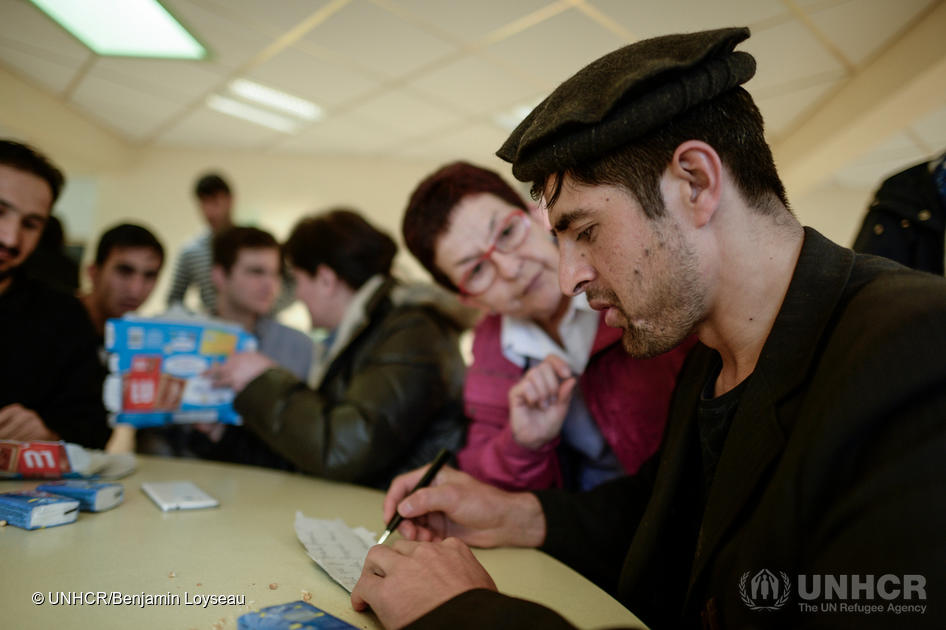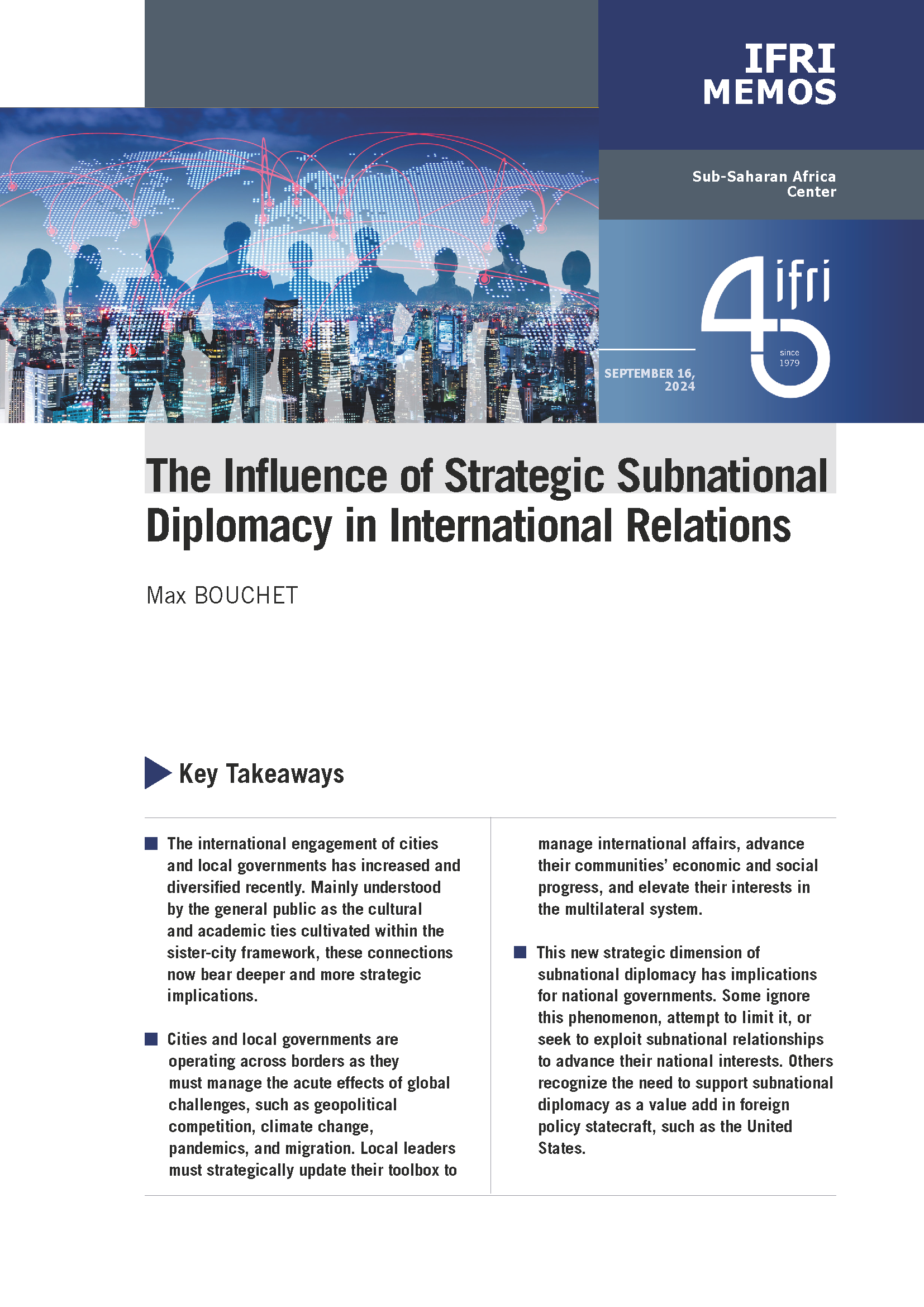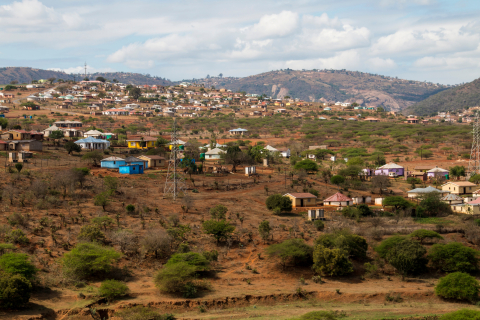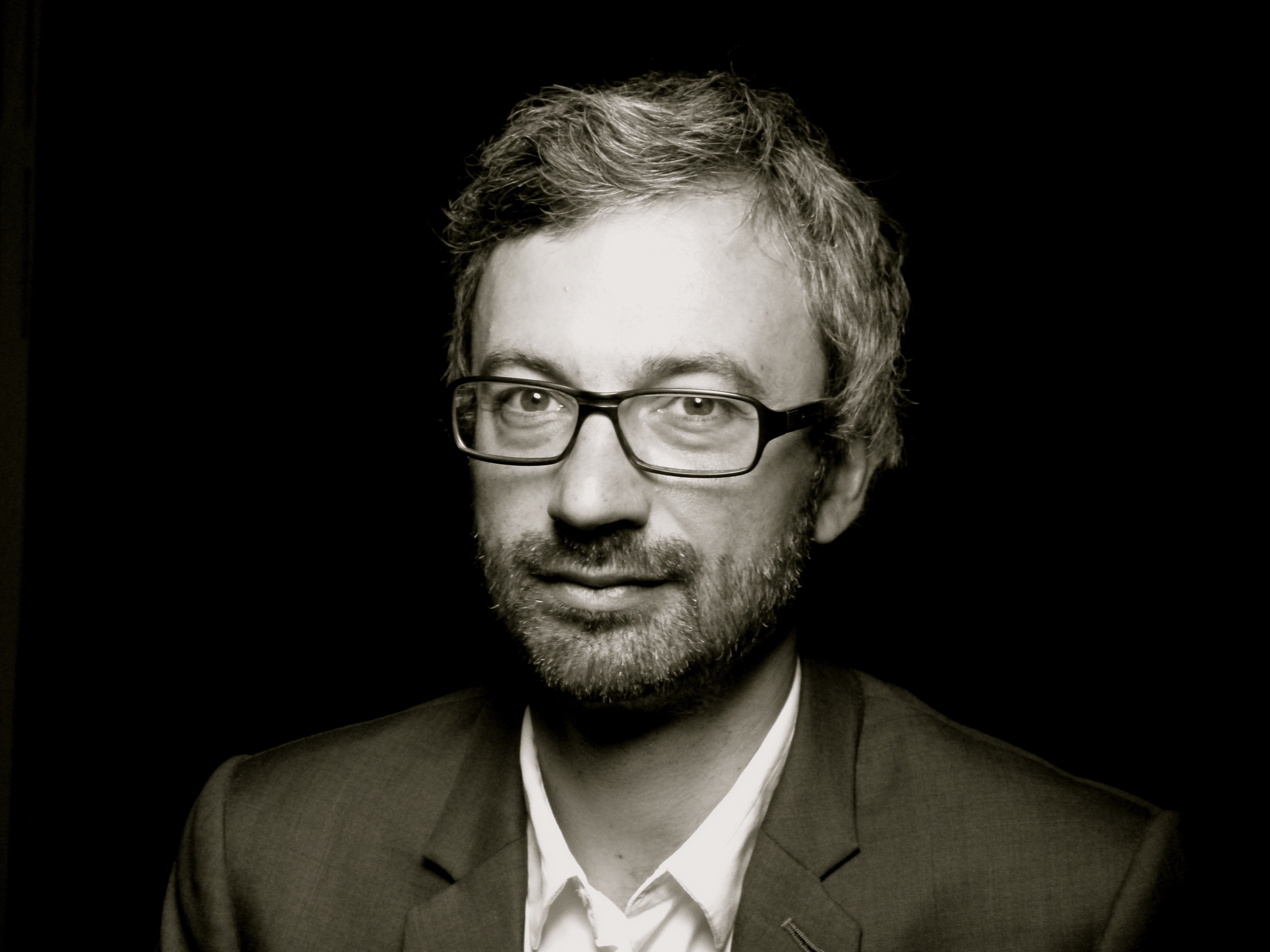Another Story from the "Refugee Crisis". Resettlement in Small Towns and Rural Areas in France

Since 2015, refugee resettlement programmes have grown significantly in Europe becoming a key component of European asylum strategy. In 2017, Emmanuel Macron committed to resettle in France 10,000 refugees until the end of 2019. Refugees from Syria and Africa are increasingly welcome in small towns and rural areas.

There are plenty of challenges to address when it comes to receiving refugees in smaller communities. Small towns are often less accustomed to refugees, and above all, they do not have the same human and financial resources as large cities to provide services adapted to this population’s needs. The lack of opportunities, in particular job opportunities, affects the attractiveness of these areas for newcomers. On the top of that, the continuous rise of the far right in France since the 1980s is often perceived as a political hurdle in sized cities and rural areas.
However, this study shows another picture altogether. Following interviews and field visits with some 40 practitioners, the study offers an alternative picture to the stereotypes usually associated with areas. Indeed, small towns and rural areas prove to be places of hospitality. Refugees in small towns are not perceived as anonymous newcomers. Instead, they quickly become new members of the local community and receive strong support from many local residents. Likewise, in order to address specific needs of the refugees, local actors are drivers of innovation who often manage to design new solutions in an informal fashion.
Of course, this positive image of the reception and integration of resettled refugees in small towns and rural areas should not obstruct the difficulties encountered such as lack of public transportation, access to healthcare, learning French. However, the strong mobilisation of local residents mitigates the handicaps of these areas. They have proved to be a powerful driver for integration. For example, access to labour market is facilitated by interpersonal networks in areas where there is a shortage of manpower.
This study highlights that many obstacles to refugee integration are not specific to refugees. Lack of transportation, of doctors and of public services affect local populations all the same. But local actors proved to be innovative to address these issues for refugees and provide lessons to learn for big cities and for the future of migration policies in France.
This study is published in partnership with ICMC Europe as part of the SHARE Integration project.
Download the full analysis
This page contains only a summary of our work. If you would like to have access to all the information from our research on the subject, you can download the full version in PDF format.
Another Story from the "Refugee Crisis". Resettlement in Small Towns and Rural Areas in France









